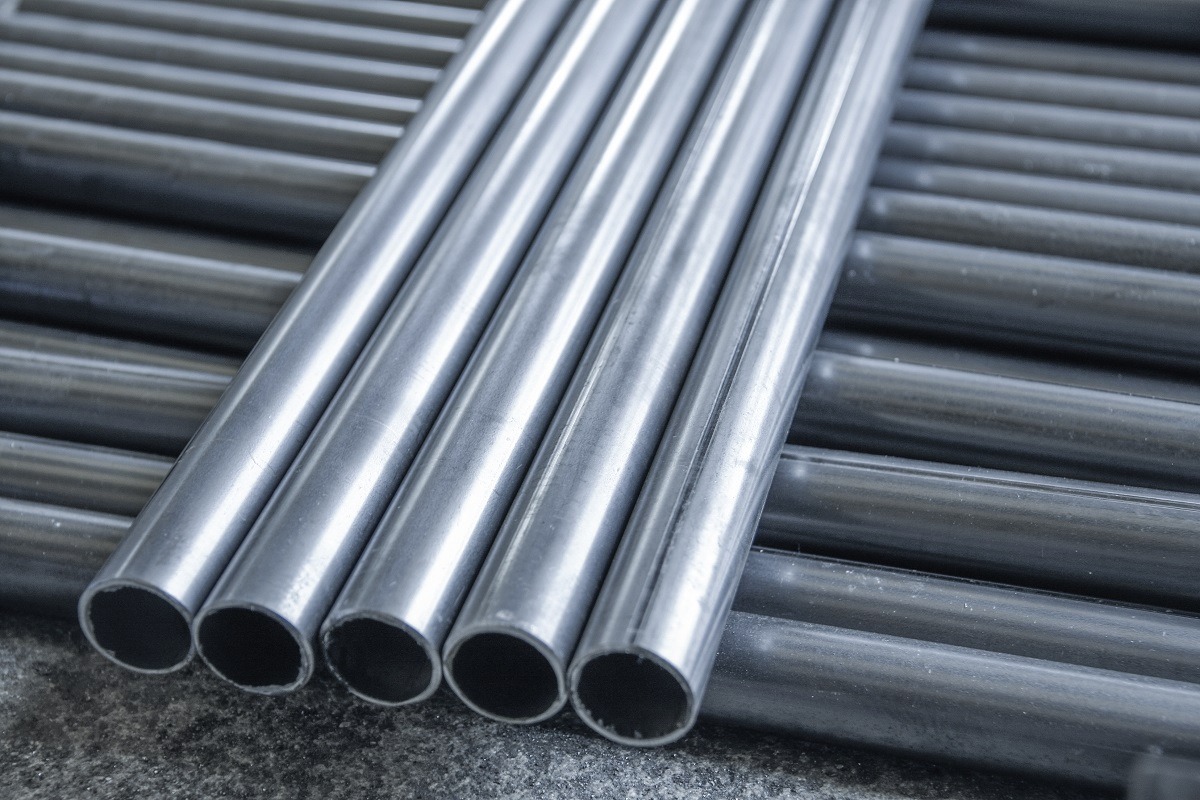Understanding Truck Accidents and Legal Liabilities
Truck accidents can have devastating consequences not just for those involved, but for families, communities, and the broader infrastructure of the roadways. With large commercial vehicles weighing up to 80,000 pounds, their interactions with smaller vehicles can lead to serious injuries, fatalities, and considerable property damage. Understanding the nuances of truck accidents, including the drivers’ legal responsibilities and liabilities, is crucial for victims seeking recovery and justice. For those affected, enlisting help from Nationwide Truck Accident Attorneys can significantly impact the outcome of their case.
Types of Truck Accidents
Truck accidents can vary widely, influenced by a range of factors. Here are the most common types you’ll encounter:
- Rear-end Collisions: Occurs when a truck fails to stop and hits the back of a vehicle, often due to distracted driving, or weather conditions.
- Side-impact Crashes (T-bone accidents): Often happens at intersections where a truck strikes the side of a passenger vehicle, posing significant dangers.
- Rollover Accidents: Premises on the truck’s load shifting or abrupt maneuvers can cause the truck to overturn, leading to severe outcomes.
- Jackknife Accidents: These occur when the trailer swings out, forming a V-shape with the cab; they often result from sudden braking.
- Head-on Collisions: Arguably the most dangerous type, this involves a truck colliding directly with another vehicle, leading to catastrophic damage.
Common Causes of Truck Collisions
Understanding the causes of truck accidents is pivotal for victims and legal professionals alike. Some of the most common causes include:
- Driver Fatigue: Truck drivers often work long hours, leading to exhaustion and reduced reaction times.
- Distracted Driving: Use of mobile devices, adjusting the radio, or even eating while driving can divert a driver’s attention.
- Speeding: Many truck drivers might exceed speed limits to meet tight delivery deadlines, increasing stopping distances.
- Improper Loading: Overloading or incorrect distribution of cargo weight can affect a truck’s balance and braking ability.
- Adverse Weather Conditions: Poor visibility or slippery roads due to rain or snow can lead to loss of control.
Legal Responsibilities of Truck Drivers and Companies
Both truck drivers and trucking companies hold legal responsibilities to ensure safe operations. Truck drivers must adhere to road safety regulations, including rest periods and speed limits. They are obliged to maintain their vehicles in safe working order, undergoing regular inspections and maintenance. On the other hand, trucking companies must ensure that their drivers are adequately trained and that their vehicles comply with federal and state safety regulations. Failure to uphold these responsibilities can lead to significant legal repercussions in the event of an accident.
Why You Need Nationwide Truck Accident Attorneys
Navigating the aftermath of a truck accident can be overwhelming, especially when dealing with medical bills, insurance claims, and legal complexities. This is where the expertise of Nationwide Truck Accident Attorneys becomes essential. Their experience and knowledge can provide clarity and direction through challenging times.
Benefits of Hiring Experienced Attorneys
Engaging with seasoned attorneys specializing in truck accidents introduces several advantages:
- Legal Expertise: Nationwide truck accident attorneys possess extensive knowledge of trucking laws and regulations, which are crucial in building a strong case.
- Negotiation Skills: They can effectively negotiate with insurance companies, ensuring you receive the compensation you deserve without settling for a lowball offer.
- Access to Resources: Experienced lawyers have access to expert witnesses, accident reconstruction specialists, and investigators who can strengthen your case.
- Focus on Recovery: By delegating legal responsibilities to an attorney, you can focus on your physical and emotional recovery.
How Attorneys Can Maximize Your Compensation
One of the primary roles of nationwide truck accident attorneys is to help victims secure maximum compensation for their damages. This involves:
- Assessing Damages: Attorneys meticulously evaluate all areas of damage, including medical expenses, lost wages, property damage, and pain and suffering.
- Establishing Liability: They gather evidence and witness testimonies to prove negligence and accountability on the part of the truck driver or company.
- Calculating Future Costs: Attorneys factor in future medical costs and other long-term repercussions, ensuring survivors receive full compensation.
- Litigation: If negotiations do not yield a fair settlement, attorneys are prepared to take the case to court, leveraging their skills to advocate for your rights.
What to Expect During Legal Representation
Many potential clients might feel apprehensive about the legal process. However, understanding what to expect can alleviate concerns:
- Initial Consultation: An attorney will discuss your case, evaluate its merits, and outline possible strategies and outcomes.
- Investigation: Your attorney will begin gathering evidence, interviewing witnesses, and liaising with law enforcement.
- Filing the Claim: They will handle all paperwork and communication with insurance companies on your behalf.
- Regular Updates: Throughout the process, you will receive updates and guidance on the progression of your case.
The Process of Filing a Truck Accident Claim
The journey of securing compensation after a truck accident begins with filing a claim, an intricate process that involves multiple steps.
Initial Steps After an Accident
Immediately following an accident, victims should prioritize their safety and well-being:
- Seek Medical Attention: Even if injuries seem minor, it is important to see a healthcare professional. Some injuries may not be apparent immediately.
- Document the Scene: Take photos of the accident scene, vehicle damage, and any visible injuries. Collect contact information and statements from witnesses.
- File a Police Report: Official documentation can provide a crucial basis for your claim.
Gathering Necessary Evidence
Once immediate needs are addressed, building a strong case requires gathering necessary evidence:
- Medical Records: Documentation of treatments and diagnoses will substantiate claims for medical expenses.
- Accident Reports: Police reports offer a detailed account of the accident, including driver statements and witness information.
- Photographs: Images of the scene and damage can illustrate the impact of the accident.
- Witness Testimonies: Making contact with witnesses and obtaining statements can bolster your claim.
Filing the Claim: Key Considerations
When filing a claim, consider the following:
- Statute of Limitations: Each state has a timeline within which claims must be filed. Understanding this helps avoid missing out on your opportunity to seek damages.
- Insurance Policies: Familiarize yourself with the at-fault driver’s insurance policy limits, as this will affect your potential recovery.
- Detailed Documentation: The more documented evidence you provide, the stronger your claim will be.
Common Challenges in Truck Accident Cases
Despite having robust legal representation, claimants may encounter hurdles during the legal process:
Dealing with Insurance Companies
Insurance companies often seek to minimize payouts, presenting challenges that can impact your claim:
- Lowball Offers: Initial settlement offers may be far below what is warranted, requiring negotiation skills to achieve a fair deal.
- Claims Adjusters: They may employ tactics to reduce your claim’s value, making it important to have legal guidance during communications.
Navigating State and Federal Regulations
Truck accidents are governed by a complex web of state and federal regulations. Navigating these laws requires expertise as regulations such as the Federal Motor Carrier Safety Administration (FMCSA) rules must be adhered to. Ensuring compliance with these regulations is critical in establishing negligence and liability.
Proving Negligence and Liability
Establishing liability is one of the most challenging aspects of a truck accident case. Attorneys must demonstrate that the truck driver or their company acted negligently. This might require:
- Documenting Driver Logs: Hours of service records can reveal violations that contributed to the accident.
- Cargo Inspection Reports: Ensuring the cargo’s proper loading and securing can affect liability.
- Expert Witnesses: Utilizing accident reconstructionists and other experts can clarify the circumstances surrounding the accident.
FAQs About Hiring Truck Accident Attorneys
For many individuals, hiring an attorney can be a daunting task. Here’s a look at some common questions and concerns:
How to Choose the Right Attorney?
Selecting the right attorney is crucial for a successful outcome. Key factors to consider include:
- Experience in Truck Accident Cases: Look for attorneys who specialize in cases involving commercial vehicles.
- Track Record: Investigate their history of settlements and verdicts to ensure they have a proven success rate.
- Client Reviews: Seek testimonials from former clients to gauge their satisfaction and the attorney’s approach.
What Are the Costs Involved?
Understanding the costing structure is vital when hiring an attorney. Many work on a contingency fee basis, meaning they only get paid if you win your case. Familiarize yourself with any upfront costs, and ensure that any percentage of your settlement as legal fees is agreed upon beforehand.
How Long Will the Process Take?
The duration of the legal process can vary significantly based on the complexity of your case and the willingness of the insurance company to negotiate. Simpler cases might settle in months, while more complicated claims could take several years. Communication with your attorney throughout will help set realistic expectations.












Leave a Reply